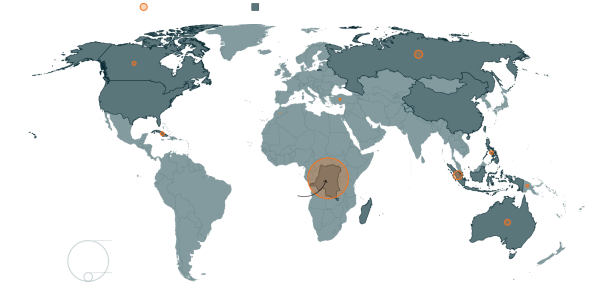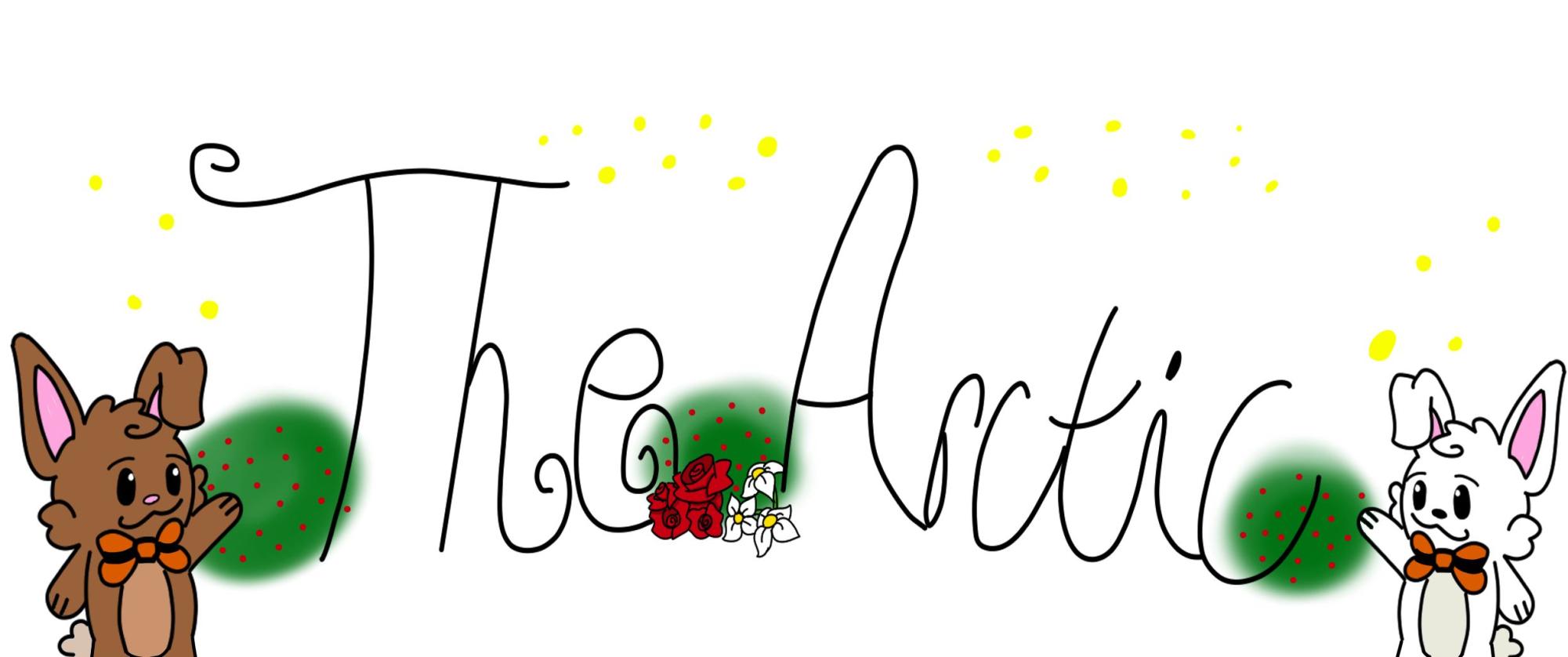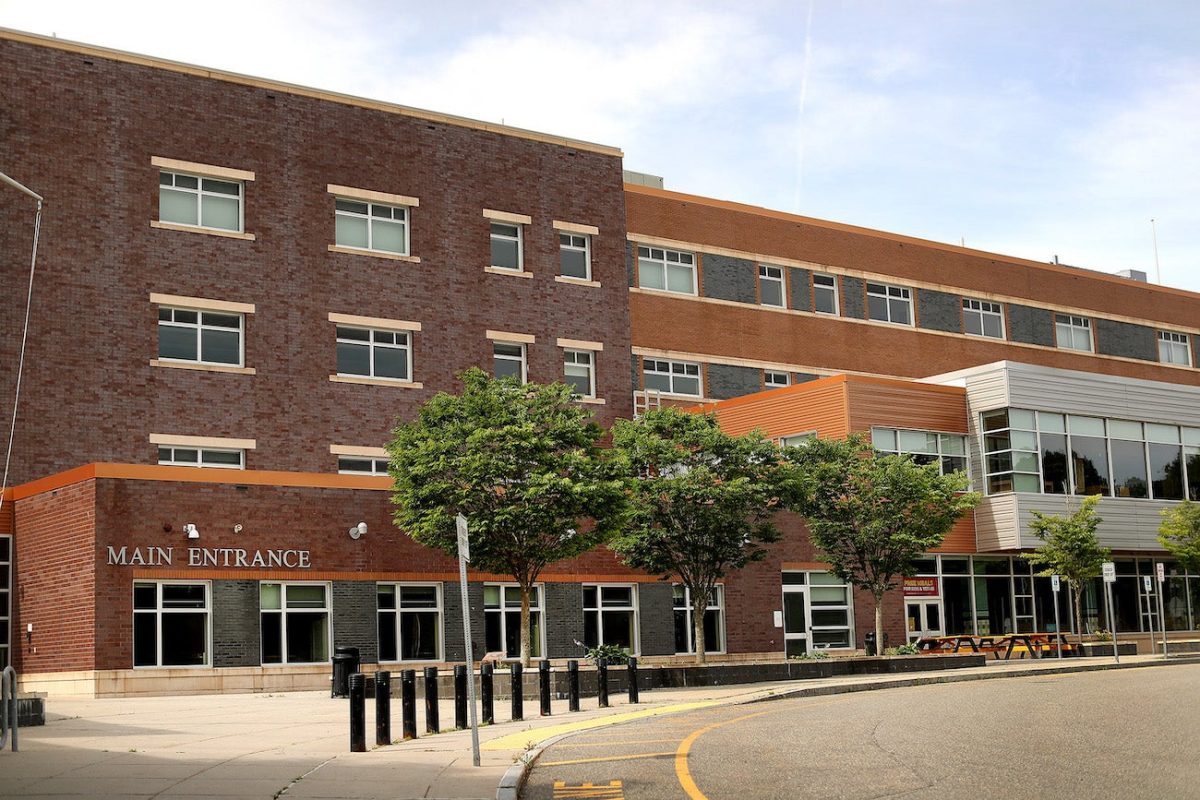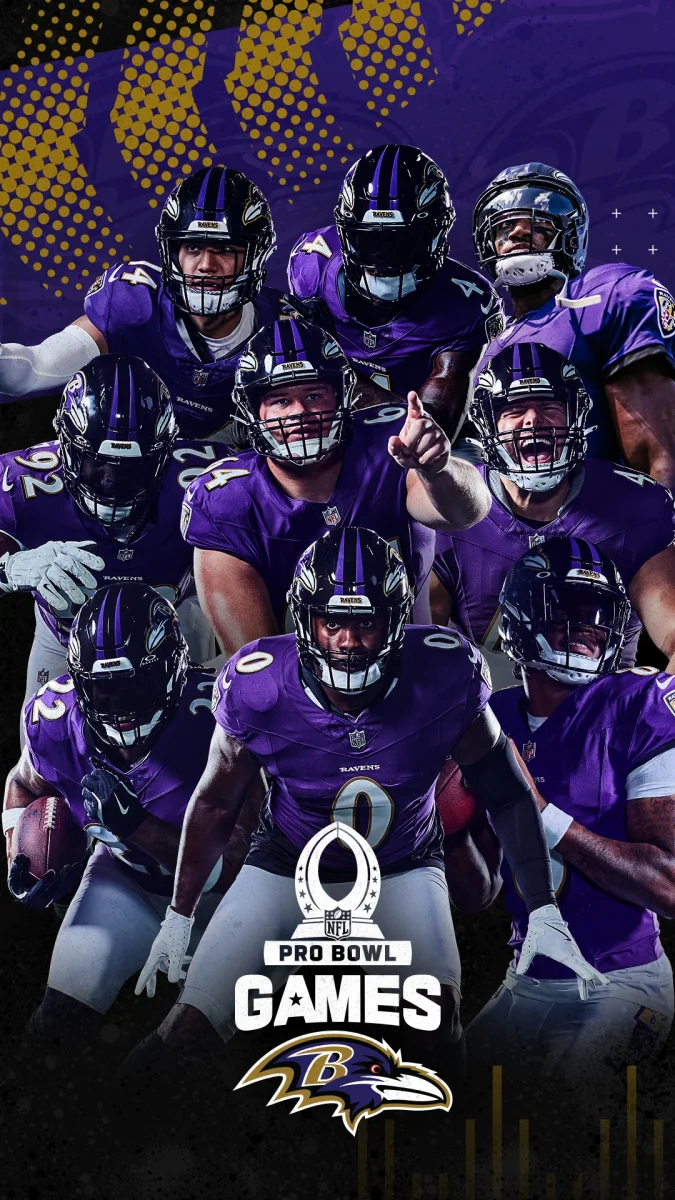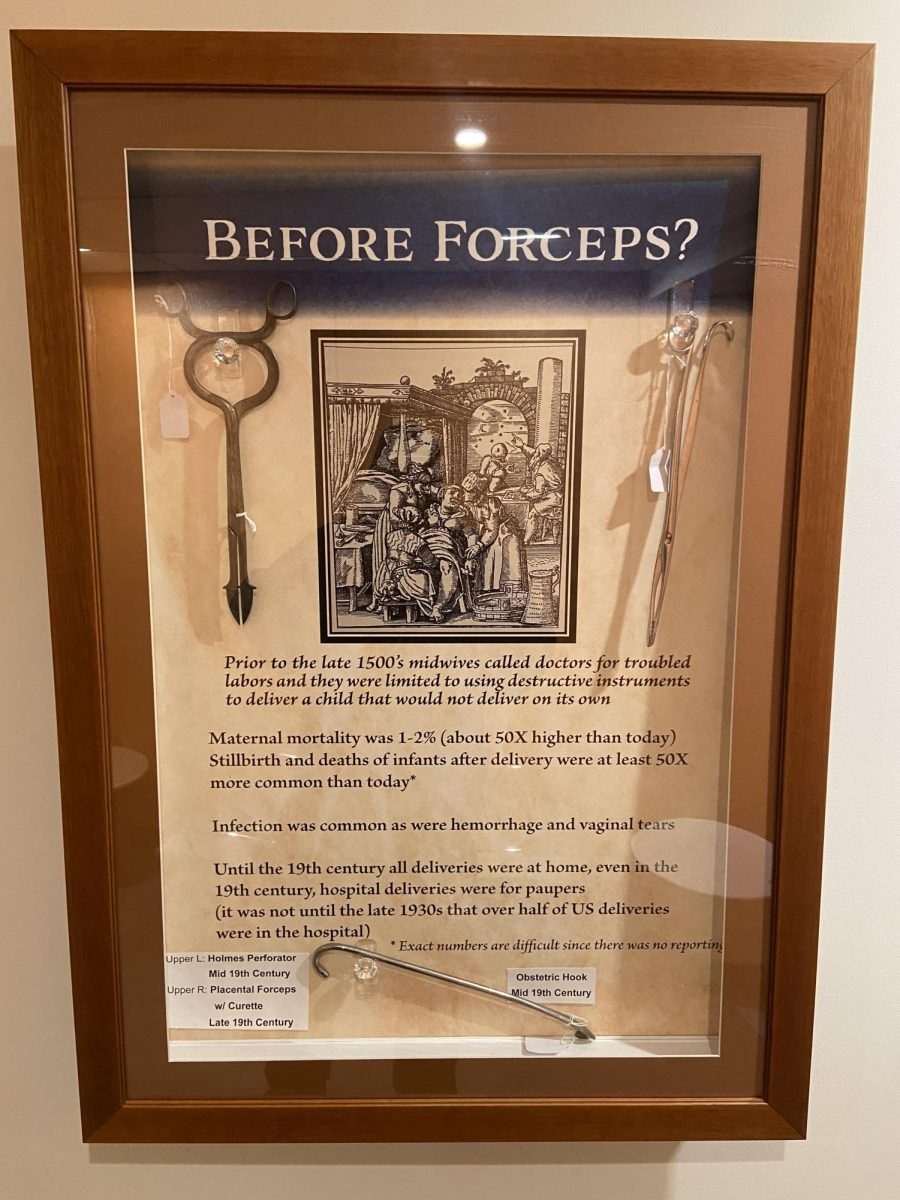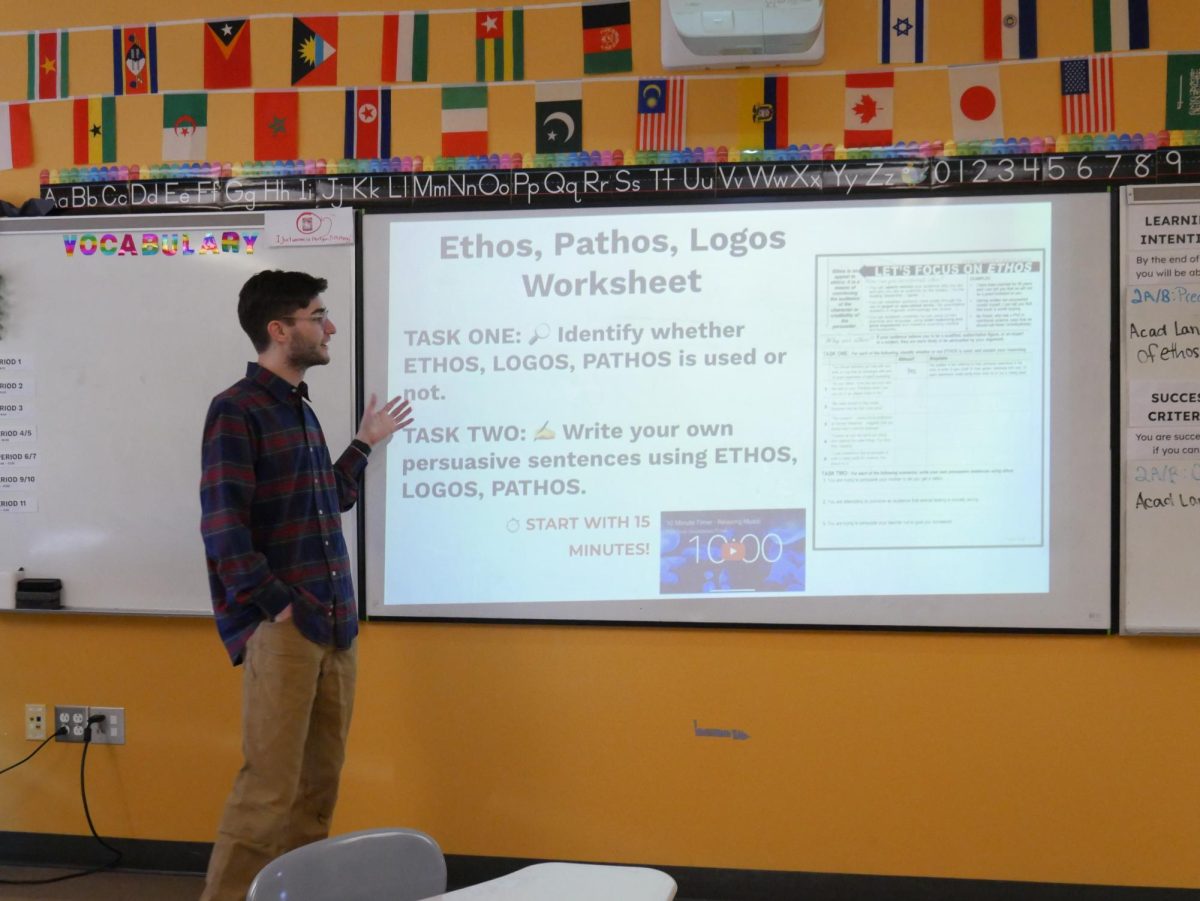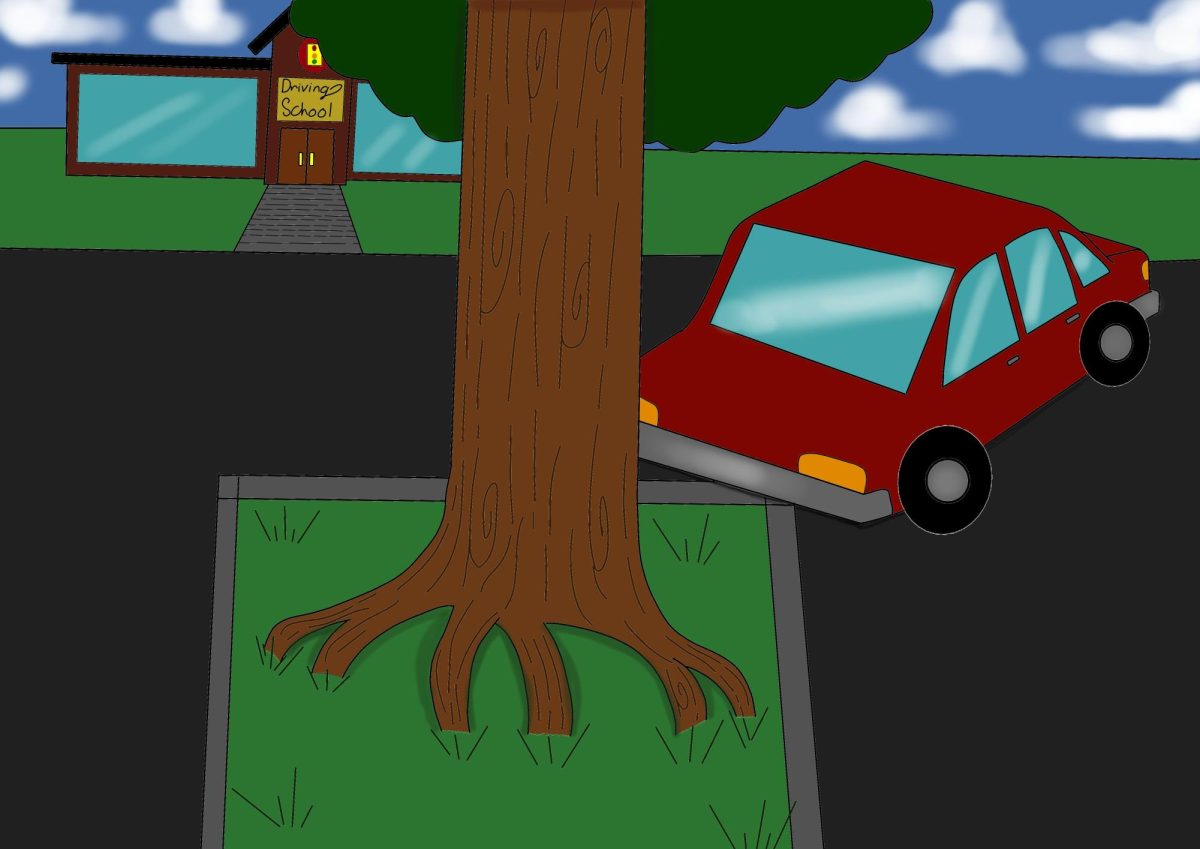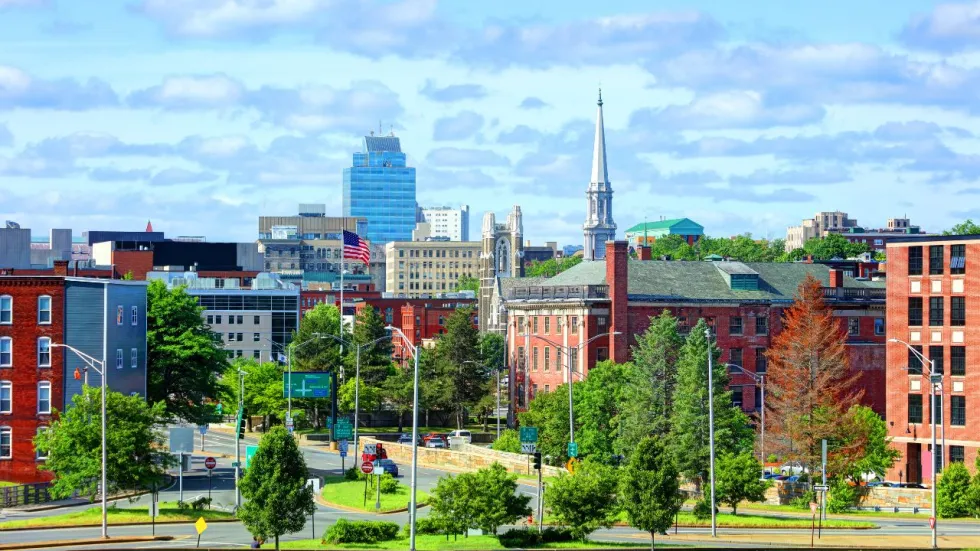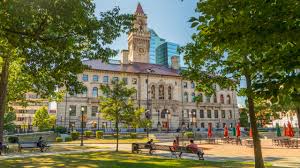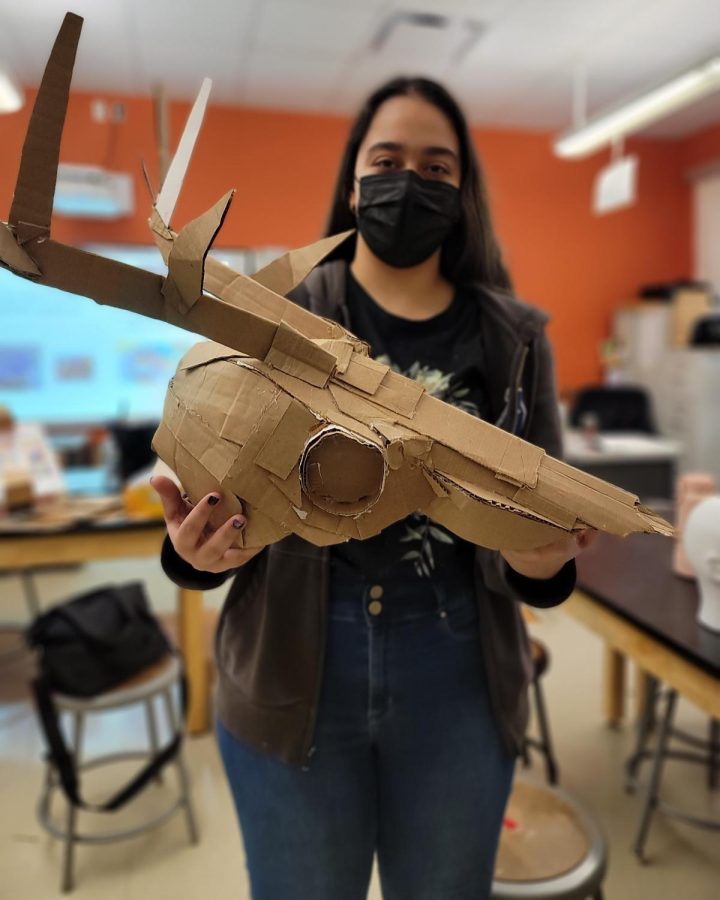The Congo Background
The Democratic Republic of Congo is a country located in the central part of Africa, formerly known as Zaire, from (1971-1997). It is also the Second-largest country in Africa and has a population of over 95.8 million as of 2021, and is known for its natural resources. It is home to ⅓ of the earth’s cobalt EV’s, and has the second largest rainforest in the world. It is the second poorest country in the world (after Haiti) with the average annual income being only $449.
History + Resources
The Congo gained independence from France in the 1960’s after being controlled as a colony from (1880-1960) and ever since then other countries and companies have been trying to extract resources from their mines and forests. The environment is rich in minerals like Cobalt, Lithium, Nickel, Diamond, Gold, and Copper, and many other resources which are used to make a lot things like Cars, Bracelets, Phones, Vapes, Batteries and many other things. With the global population on the rise, the demand for these things have increased especially for lithium, nickel and cobalt. They are the main resources used to make electrical cars and cell phone batteries. The world is trying to go electric since they are more reliable, easy to maintain and you save more from not having to buy gas, The Millennium Alliance for Humanity and the Biosphere says the world will run out of it’s gas reserves in 2052, which means this demand will only keep increasing.
History + Resources
The people that work in the Congo mines are often children. Children are not supposed to work industrial jobs, and the child labor involved is reprehensible. The mines often collapse with people and children still being inside, leaving many dead. Drivers who carry the rubble and other people that work in the mines often suffer life changing injuries that are not treated due to lack of hospitals, and deal with medical problems from having to work 12 hour shifts nonstop driving heavy machinery that jolt and vibrate due to the earthly metals in the back of the boulders.
The need for more EV batteries have made it twice as hard for the mine workers, and when they get injured, they often times they given an alternative job or they are fired because they can no longer work, and their medical bills cannot be paid. This is a violation of the Congolese labor law- and most workers usually suffer spinal cord injuries which is a very serious type of injury according to doctors.
Major companies that are present in Congo involved in on-going mining situation often say they hire workers and provide strong salaries and healthcare. But they get around this by hiring subcontractors who often hire people and put them on a below minimum wage payroll and also don’t pay for their medical bills leaving them with no means of survival if they sustain a serious injury. These workers hired by the subcontractors make up 57% of their workers meaning the workers can almost not survive or even have the average human daily needs met because they are paid below minimum wage in a highly inflated country leaving the workers without food,housing and their children not being able to go to school and their children often end up working in the mines with them to try and provide for their family.
A reporter from the Washington Post wrote an article on what the mine workers they interviewed said. They complained of poor treatment and one even said that “They got their finger severed by a machine, said his supervisor dumped him at the entrance while he was still bleeding, leaving him to find a taxi to get to the hospital by himself “. Another worker said “His wages were slashed by two-thirds as he recovered after a badly soldered pipe sprayed him in the face with acid”. Yet another recounted that “His family had to save up money to have metal pins removed from his leg after a workplace injury because the company wouldn’t cover the cost”. A long time worker that is now age 30, was injured a couple years ago while working for a subcontractor at one of the country’s largest mines. “He had been trying to repair a machine, he said, when his supervisor pressed the wrong button and accidentally unloaded a pipeful of cement into his face”. This was what some workers said during some of the interviews.
The working conditions the miners have to work in are worse than just “bad”. It is also detrimental for the environment, leaving huge plots of land with huge holes in them which can lead to deforestation, soil erosion and water pollution. Mining activities can disrupt the ecosystems and habitats leading to loss of biodiversity and extraction of minerals from mines can contribute to air pollution.
